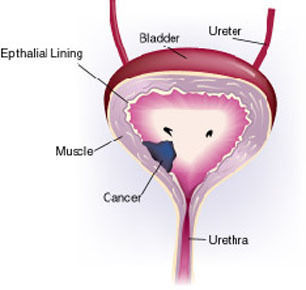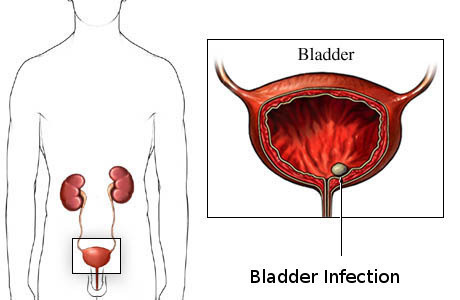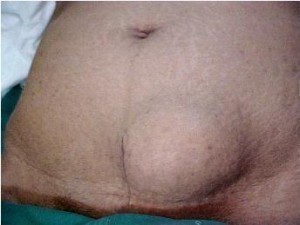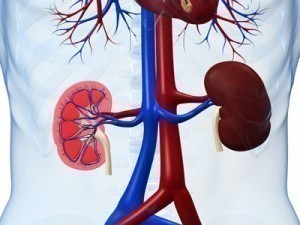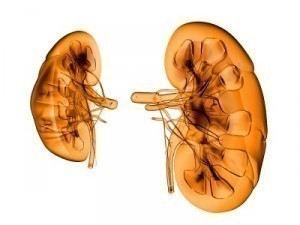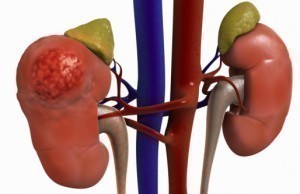Bladder Pain
When the bladder is suffering from chronic stabbing pain, people will surely experience severe bodily discomfort, specifically in the upper, lower, right and left portions of the pelvic area. Some of its possible causes include torulopsis, interstitial cystitis and bladder cancer, all of which are characterized by tingling sensation, dull feeling and shooting pain. Knowledge about its treatments, causes and symptoms is guaranteed to help patients manage the sharp pain and discomfort that are making life more difficult for them.
Bladder Pain Symptoms
There are numerous symptoms associated with pain in the bladder. Common signs include pain during sexual intercourse, pain when urinating and urination that is more frequent than usual. Life is made more difficult for patients because they always feel the need to urinate. Furthermore, they can experience shooting pain as the bladder empties or as it fills with fluid. The pelvic area and the lower part of the abdomen are marked by chronic pain and pressure.
In some cases, patients experience the presence of blood in their urine. Likewise, the odor of their urine is highly unpleasant, which is a clear indication of infection. Aside from lower back pain, patients are expected to suffer from vomiting, fever and nausea.
Causes of Bladder Pain
Pain in the bladder is caused by many different factors. Amongst the most common factors that contribute to this chronic medical condition are urethral stricture, torulopsis as well as interstitial cystitis. In worse situations, patients may be suffering from bladder cancer, the common symptoms of which are reduced urine, painful urination as well as the presence of blood in urine.
Bladder Pain Diagnosis
Urine sample analysis is helpful in diagnosing the real cause of pain in the bladder. For those who are showing signs of bladder infection, it is good to take antibiotics to help ease the symptoms. Aside from this, patients may need to undergo imaging tests such as ultrasound to help eliminate other possible causes of pain in the pelvic region and lower abdominal area. A cytoscope can also be used to diagnosis the problem, which plays a highly important role in the success of bladder exams.
Bladder Pain Relief
To provide patients with relief from pain, they need to take oral medicines like acetaminophen, ibuprofen and aspirin, which are some of the leading painkillers available today. Some doctors may recommend the use of pentosan polysulfate sodium, which works well against interstitial cystitis/painful bladder syndrome. Aside from oral drugs, other alternate treatments are also possible to use such as nerve stimulation, bladder stretching and physical therapy. In worse cases, surgery can be used to relieve patients from the symptoms of bladder pain.
For more information on Bladder Pain read:
